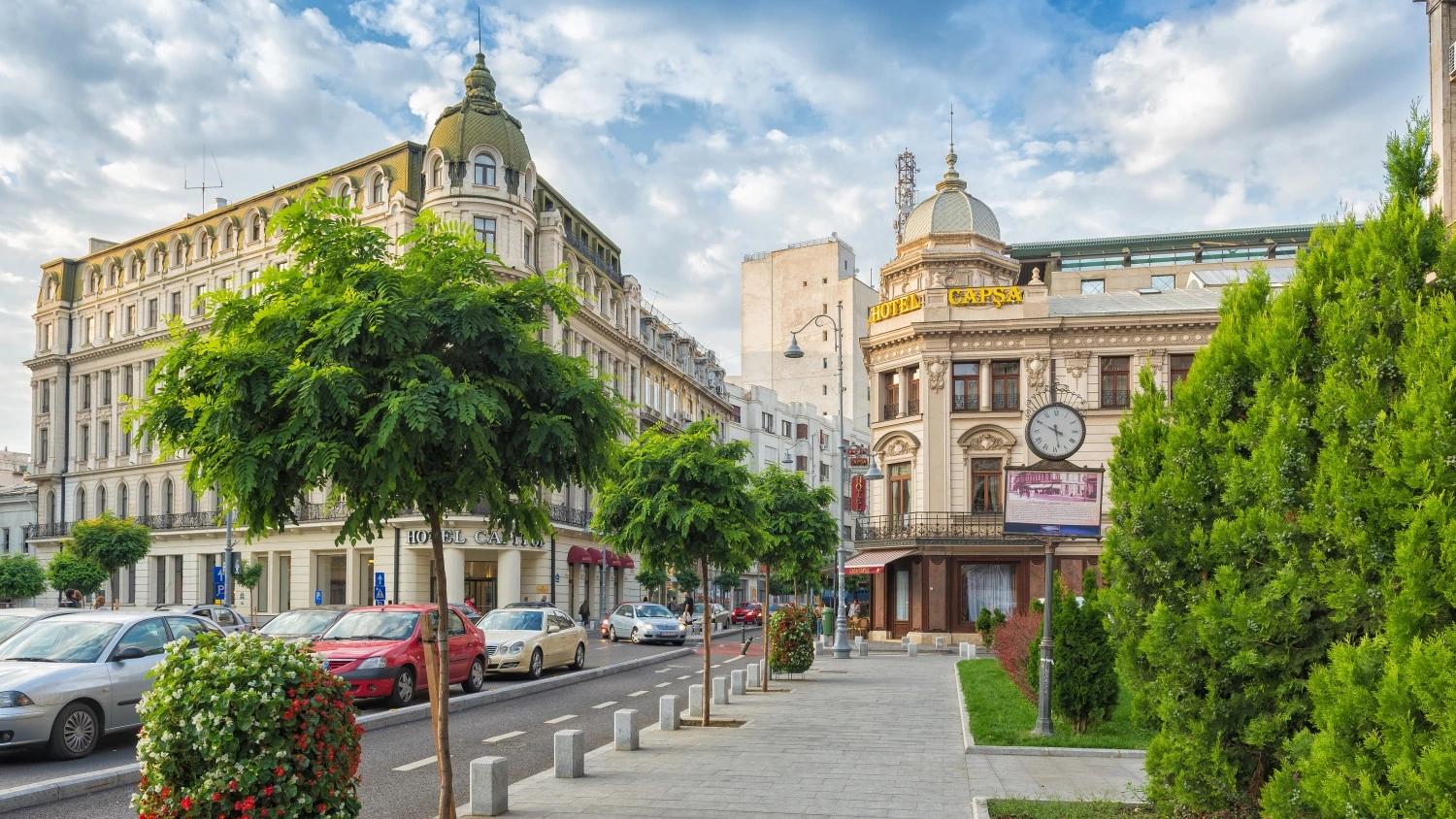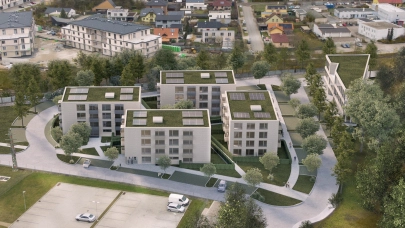
A survey prepared by Cushman & Wakefield in partnership with FIHR, targeting Romanian hoteliers, was launched in November 2020 to understand the impact of COVID-19 on the Romanian hotel industry and their perspectives on the outlook of this sector. This survey is the second instalment after a previous questionnaire that was launched in April 2020. The intention is to gain the appropriate attention and appeal to authorities for more meaningful and targeted support towards our hospitality sector. Cushman & Wakefield and FIHR remain committed to ensuring that the industry receives appropriate support by collecting and analysing available data and appealing to authorities.
Key findings:
- COVID-19 has had a very rapid and drastic impact on the Romanian hotel sector. According to a previous survey performed in April – May 2020, 64% of hotels were already impacted within the last week of February. Together with the impact of COVID-19 on the bottom line of hotels, more employees are expected to be laid off, in addition to the personnel that hoteliers had been forced to lay off in their fight to reduce costs and keep the business alive.
- The support of the government is imperative to the recovery of the Romanian hotel sector. Most of the respondents believe that a faster recovery can be supported by the ease of travel and interior events restrictions, by the government financial and wage support, and by introducing some travel incentives to stimulate the domestic demand.
- Looking ahead to 2021, hoteliers are prepared to do their best to attract guests and continue operations. Accordingly, 43% of the respondents expressed that they will keep the hotels open if no further lockdown will be applied, while 19% have no intention to close their business in any scenario.
- When projecting the performances for 2021, hoteliers believe that the revenues generated by the restaurant, conference/event facilities and spa facilities have high importance to support a sustainable revenue line. In terms of KPIs, hoteliers are expecting an average occupancy of 31% and average daily rate (ADR) of RON 197. It should be noted that international brands respondents are forecasting a higher average of RON 224, while national brands and independent hotels are considering an ADR of RON 157 and RON 192 respectively.
Hotel sector fighting to survive
2020 represented a challenging year for everyone, especially for the hotel sector. The first official COVID-19 case in Romania was announced at the end of February 2020 and was followed by a national lockdown and border closure at the end of March 2020. During the summer period, travel restrictions were eased; however, the uptick of COVID cases led the government to reinforce the restrictions and Romania remains in a state of alert.
The high performance achieved in 2019 was preparing hoteliers for an optimistic year in 2020. However, based on the survey results, the reality is that the Romanian hotel market recorded an average fall in profit by 73% in YTD October 2020, compared to the same period in 2019. In terms of hotel KPIs, YTD October 2020 data revealed by STR shows that Romania achieved an average occupancy of 24% and ADR of RON 293. This translates to a 72% decline in RevPAR for YTD October 2020 when compared to the same period in 2019.
Although projecting performance for such an uncertain period is difficult, according to the current survey, Romanian hoteliers are forecasting an average annual occupancy of 31% for 2021. Most of the respondents believe that their properties will achieve a maximum occupancy of c. 40%, while only 7% account for a projected occupancy level of c. 70%. In terms of ADR, hoteliers are expecting an average rate of RON 197 in 2021. This represents a significantly lower ADR compared to the YTD October 2020 provided by STR, and this lower rate forecasted may be an indication that hoteliers will be focusing on maximizing occupancy during the recovery period, as highlighted in the previous survey. Additionally, as the recovery period will be led by domestic travellers, the hoteliers may be strategizing a lower ADR in order to appeal to the domestic segment.
Furthermore, 89% and respectively 87% the hoteliers expect the revenue generated from Restaurants and Conference/Event facilities to be highly important when forecasting their hotels’ performance in 2021. In third place was the revenue for Spa and Wellness, with 56% of the respondents indicating that this revenue generator is important to support sustainable revenue for their properties.
While hoteliers are trying to decrease operation costs, the current survey highlights that as of October 2020, an average of 35% of employees have been laid off. Comparing this result with the previous survey performed between April and May 2020, this figure has increased by 6%. Therefore, governmental support is urgently needed to protect employment in the hospitality sector to minimize further lay-offs that will impact the livelihoods of people.
Most importantly, 65% of the respondents reported that without governmental support, their hotels will not be able to survive beyond March 2021. In contrast, only 7% of the respondents mentioned that their business can survive for more than one year. Therefore, the survival and recovery of the Romanian hotel sector will remain dependent on governmental support in 2021.
Recovery and future outlook
Despite the short-term challenges that the Romanian hotel sector is currently facing, the long-term outlook for the sector remains positive, as evidenced by the robust tourism growth in recent years, healthy pipeline, the attractiveness of the country as a leisure and business destination. In fact, according to Oxford Economics, the number of nights spent in paid accommodation in Romania is expected to already reach pre-crisis levels by 2023.
Looking ahead, hoteliers are keeping their morale up, with most respondents indicating their intention to stay open in 2021, as long as no further lockdowns are implemented. On the other hand, 20% of respondents are considering closing their hotels during the low season to save costs amid the lack of demand. Some hoteliers, 3% of the respondents, are planning a strategy shift to change their concept to long-term stays (above 6 months) in 2021.
Although hoteliers are trying their best to survive this challenging period, it is important to highlight that continued governmental support is imperative to the recovery of the Romanian hotel sector. The current survey indicates that 40% of hoteliers believe that a faster recovery can be ensured when travel and interior events restrictions will be eased, and if the government is able to offer financial and wage support. Additionally, 10% of the respondents see the benefit of implementing governmental travel incentives which can produce an increase in domestic demand.



